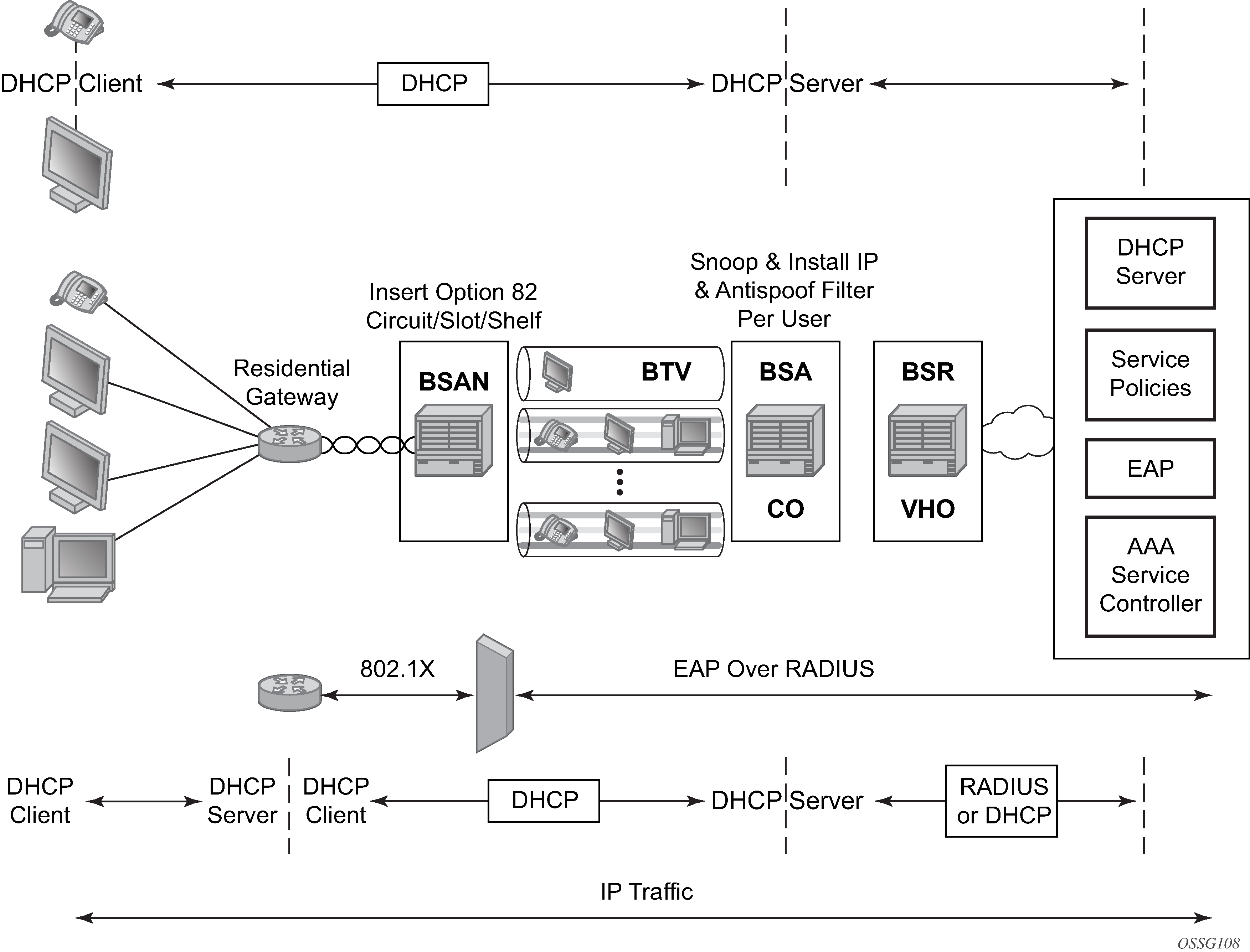In online landscape, safeguarding your online presence and improving your surfing experience has always been more crucial. As online threats lurking at every turn and increasing restrictions on content access, numerous are turning to proxies as a feasible solution. But, what precisely is a proxy, and how does it function? As acting as an intermediary between your device and the websites you visit, proxy servers help users navigate the internet with added security, privacy, and efficiency.
The benefits of using a proxy server are extensive and varied, serving both single users and businesses alike. From enhancing online privacy to safeguarding your identity from prying eyes, proxy servers play an important role in improving your online experience. In this article, we'll explore the top reasons to include a proxy server into your digital habits today, highlighting on how they can improve security, increase productivity, overcome geographical restrictions, and even enhance your play experience. Whether you're a regular internet user or a corporate professional, comprehending the advantages of proxy servers can enable you to make informed choices in your online activities.
Grasping Proxy Servers
A gateway acts as an intermediary between your device and the internet. When Omeka seek a piece of content online, such as a website, the call is directed through the intermediary, which obtains the information on your side. This means that the web server you are connecting to only sees the network address of the intermediary rather than your own, providing a level of concealment.
Proxy servers come in various forms, such as HTTP, Socket Secure, and non-intrusive proxies, each crafted for certain purposes. HTTP proxies are popular for online surfing and can store content, while Socket Secure proxies are more versatile and can handle any kind of data. Transparent proxies, on the flip side, do not alter inquiries and are often used for data filtering without the user's consent.
The operation of these proxies makes them beneficial for bolstering online protection and anonymity. By concealing your network address and protecting your data, they help protect against possible risks and unapproved access. Businesses often employ proxy servers to secure their networks, manage network traffic, and supervise employee web activity, while individuals use them to reach region-locked content and improve their online interaction.
Benefits of Using Proxy Servers
Proxy servers offer a multitude of advantages that boost online tasks for both individuals. One of the key benefits is enhanced privacy. Through directing your internet data via a proxy server, your actual IP address is masked, making it much more difficult for web services and online trackers to detect and monitor your online behavior. This aspect is particularly crucial in an age where data privacy is a growing worry, and users want to protect their personal information from prying eyes.
A further important benefit is the improved security that proxy servers provide. They act as an middleman between your device and the internet, helping to guard your connection from dangerous activities. This added layer of security can thwart various cyber-attacks, such as hacking attempts and malware infiltration. Moreover, some proxy servers come equipped advanced security options, such as data scrambling, ensuring that your data remains protected while being shared online.
Finally, proxy servers can greatly improve access speed and internet performance. By storing frequently accessed web pages, proxies can decrease load times and provide a smoother browsing experience. This is notably beneficial for companies and entities that rely on effective online operations. Additionally, proxies can help users get around geographic restrictions and access content that may be restricted in their region, further enhancing their online experience.
Choosing the Appropriate Proxy Server for Your Specific Requirements
Selecting the appropriate proxy server is essential for optimizing its advantages based on to meet your particular requirements. Start by identifying your main goal for utilizing a proxy, whether it’s for enhanced privacy, security, bypassing geo-restrictions, or improving online gaming experiences. Think about the type of proxy that aligns with your goals—HTTP proxies are great for browsing, while SOCKS proxies provide more versatility for various applications. Examine your use case thoroughly to make an informed decision.
An additional key factor is the type of proxy you need. Data center proxies are typically faster and more affordable, making them suitable for tasks like web scraping and data collection. On the other hand, residential proxies are more efficient for accessing geo-restricted content and avoiding bans due to their connection with real IP addresses. Grasping the distinctions between these options will assist you choose a proxy that fits your needs and use cases effectively.

In conclusion, consider the security features and reliability of the proxy service. Seek out proxies that provide encryption to safeguard your data and have a demonstrated track record of uptime and reliability. It can also be beneficial to read reviews and check the reputation of the proxy service, ensuring that they offer the level of security and anonymity you require. By evaluating these factors, you can choose the right proxy server that meets your requirements and enhances your online interaction.
